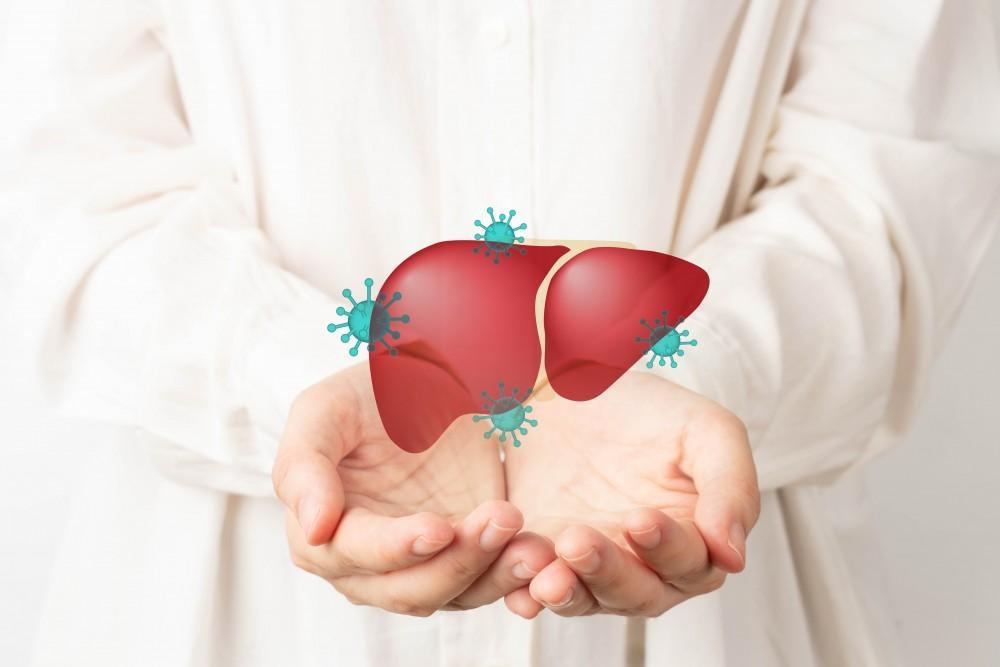What Is Hereditary Pancreatitis?
Hereditary pancreatitis is a genetic condition marked by recurrent inflammation of the pancreas, often starting in childhood or early adulthood due to inherited mutations (for example, PRSS1).
Common Causes and Risk Factors
- Inherited gene mutations (PRSS1, SPINK1, CFTR, CTRC)
- Family history of pancreatic disease
- Smoking, which worsens flare-ups
- Alcohol use, which can trigger attacks
- Certain medications or infections acting as triggers
Signs and Symptoms
- Intense upper abdominal pain
- Pain that radiates to the back
- Nausea and vomiting during attacks
- Loss of appetite
- Unintentional weight loss
- Oily, foul-smelling stools (steatorrhea)
- Onset of diabetes in advanced stages
Expert Treatment for Hereditary Pancreatitis by Dr. Bharat Pothuri
Dr. Pothuri uses a step-by-step approach:
Medical History and Exam
He reviews your family history of pancreatitis, the pattern of your upper-abdominal (epigastric) pain, alcohol use, smoking, and other risk factors.
Blood Tests
- Serum amylase and lipase levels to confirm pancreatic inflammation
- Liver function tests to exclude gallbladder or biliary disease
- Blood glucose to assess endocrine function
Imaging Studies
- Abdominal ultrasound to look for ductal dilatation, stones or calcifications
- Contrast-enhanced CT scan to evaluate pancreatic inflammation, pseudocysts, or fibrosis
- MRCP (magnetic resonance cholangiopancreatography) to visualize the pancreatic and bile ducts in detail
Genetic Testing
Targeted panels (PRSS1, SPINK1, CFTR, CTRC) to identify hereditary mutations that predispose to recurrent pancreatitis.
Functional Assessment (if needed)
Endoscopic ultrasound (EUS) or secretin stimulation tests to measure exocrine function and detect subtle ductal changes.
Frequently Asked Questions
What is hereditary pancreatitis?
Hereditary pancreatitis is a genetic form of chronic pancreatitis caused by mutations (e.g., PRSS1) leading to recurrent pancreatic inflammation.
What symptoms occur?
Symptoms include severe abdominal pain, nausea, vomiting, malabsorption, and weight loss. Attacks often begin in childhood.
How is it diagnosed?
Diagnosis combines family history, genetic testing, imaging studies (MRI/MRCP), and pancreatic function tests.
Can hereditary pancreatitis be treated?
Treatment focuses on pain control, pancreatic enzyme replacement, dietary adjustments, and endoscopic or surgical drainage if needed.
Is there a cure?
No cure exists. Management aims to reduce attacks, preserve function, and monitor for complications like diabetes or cancer.












